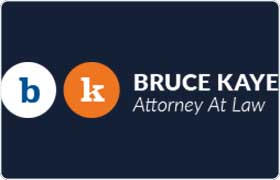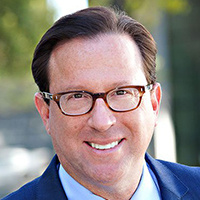Kaufman County, TX RICO Act Lawyers
Sponsored Law Firm
-
 x
x

Click For More Info:
-
Law Offices Of Bruce C. Kaye
400 N. St. Paul St.1110 Dallas, TX 75201» view mapCriminal Defense Law Changing Lives, One Case At A Time
The best thing about running my own practice is the opportunity to give my clients the individual attention they deserve.
800-920-9461
Not enough matches for Kaufman RICO Act lawyer.
Below are all Kaufman lawyers.
FREE CONSULTATION
CONTACTBrandi Hunt Fernandez
State Appellate Practice, Family Law, Administrative Law, Consumer Bankruptcy
Status: In Good Standing Licensed: 28 Years
Michelle Rene Cheney
Lawsuit & Dispute, Clean Air Practice, Family Law, Divorce & Family Law, Dispute Resolution
Status: In Good Standing Licensed: 19 Years
Cariann Bradford Abramson
Juvenile Law, Family Law, Criminal, Elder Law
Status: In Good Standing Licensed: 20 Years
Wende M. Hawthorne
Commercial Real Estate, Wills, Business & Trade, Credit & Debt
Status: In Good Standing Licensed: 35 Years
Louis Isabel Rosales
Commercial Real Estate, Family Law, Business & Trade, Credit & Debt
Status: In Good Standing Licensed: 30 Years
John Mccasland Clement
Construction, Litigation, Intellectual Property, Business & Trade
Status: In Good Standing Licensed: 30 Years
Deborah Annette Beesley
Other, Juvenile Law, DUI-DWI, Criminal
Status: In Good Standing Licensed: 39 Years
 Bruce Kaye Dallas, TX
Bruce Kaye Dallas, TX
